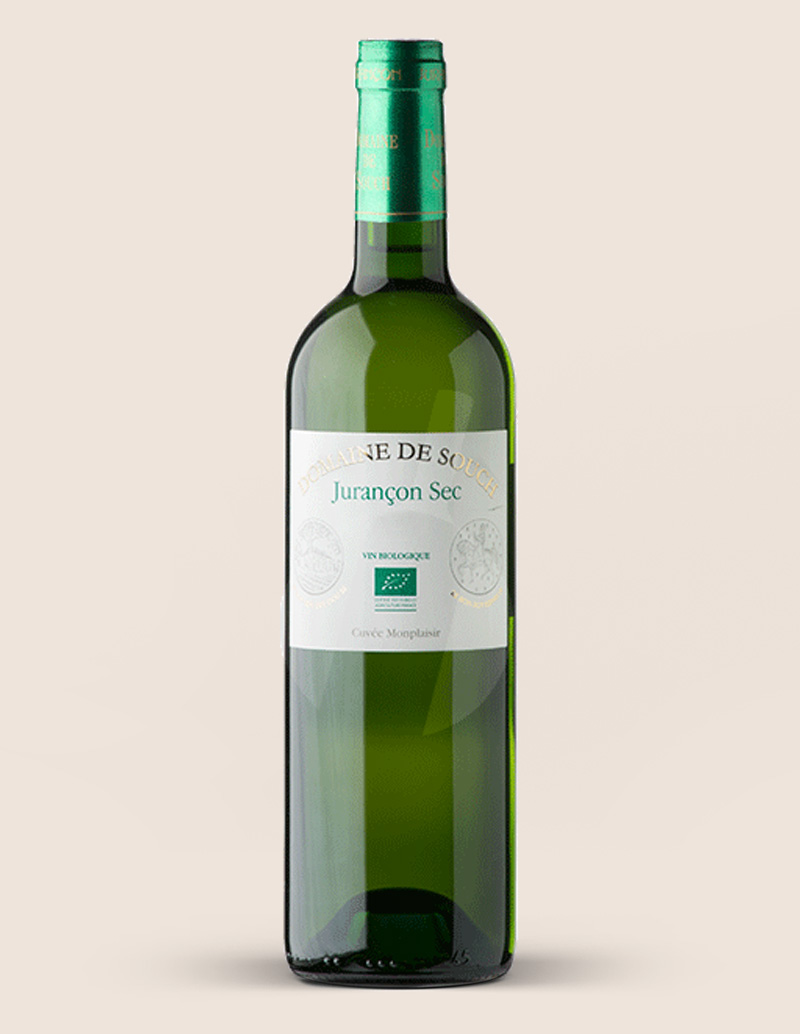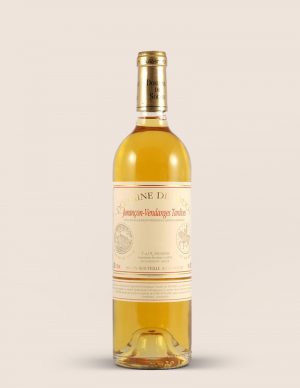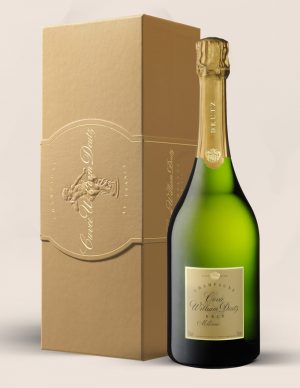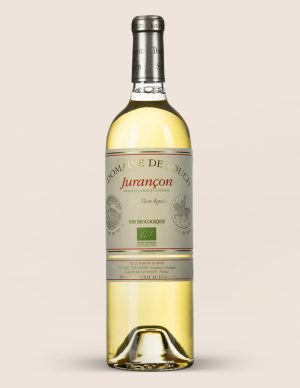Domaine de Souch Jurançon “Cuvee Monplaisir” Sec 2020
$55.00 inc. GST
This wine is best enjoyed at 8°C to 10°C with cheese or for aperitif, salty-sweet dishes, cured meat, poultry or a cream sauce dish (a veal Blanquette for example). The Gros Maseng selected for this wine are the most fruity. The Petit Maseng grapes come from terraces vines.
Terroir: Clay and limestone soil with puddingstone, “Poudingue” in French. The vineyard is located on a upper reaches of a hilly valley side with south exposure facing Pyrenees Mountains and Pic du Midi d’Ossau.
Average age of vines: 35 years old
Vinification: Grapes are hand harvested and sorted several times to isolate the best possible quality. The wine is vinified in in thermo-regulated stainless steel tanks to preserve the fresh aromatics of the Manseng grapes
45 in stock
Description
Domaine de Souch is located on the first foothills of the Atlantic Pyrenees in the heart of the Bearn – the original homeland of Henry the IV – at an altitude of 332m. The vines are planted on the hillside, facing south and overlooking the Pyrenees and the Pic du Midi d’Ossau. The estate has been under biodynamic management since 1994.
The vineyard is on the foothills of the Pyrenees at an altitude of 332m. Vines are planted on the south-facing hillside and are made up of 50 per cent Petit Manseng and 50 per cent Gros Manseng. These vines are known for their sweet flavours and late harvests. Aside from their unique sweetness, these wines are perhaps best known historically as those used to rub the lips of King Henry IV of Navarre at his baptism, granting him courage and charisma (so the story goes).
In keeping with these biodynamic principles, the estate today continues to operate without herbicides or pesticides, and traditional ploughing is used on the earth. Her vines are effectively separated from neighbouring vineyards with woodland and other spaces, avoiding contamination. The trellising is unusual for the region, using double guyot rather than stake training, as is typical. Pruning is short, allowing for 25-30hl/ha yields. The soil of the estate is heavy, flinty clay, full of what is known as “poudingues”, calcareous components that are similar in shape to English puddings – hence the name. All the harvesting is done by hand, with pressing done in a pneumatic press.
Additional Information
| brand | Domaine de Souch |
|---|---|
| size | 750ml |
| vintage | 2020 |
Reviews / Ratings / Awards
“Gros manseng and Petit manseng. Nice name for a wine. Wool jumper, cornflakes, pineapple and lime marmalade, fennel fronds. Fresh cut slightly under-ripe pineapple and lemon, juicy but with bite, ripe lime juice acidity and chalky texture, and a ripcord of tang through the finish. Excellent energy. Something different, and very good.” – 93 Points, Gary Walsh, The Wine Front.






